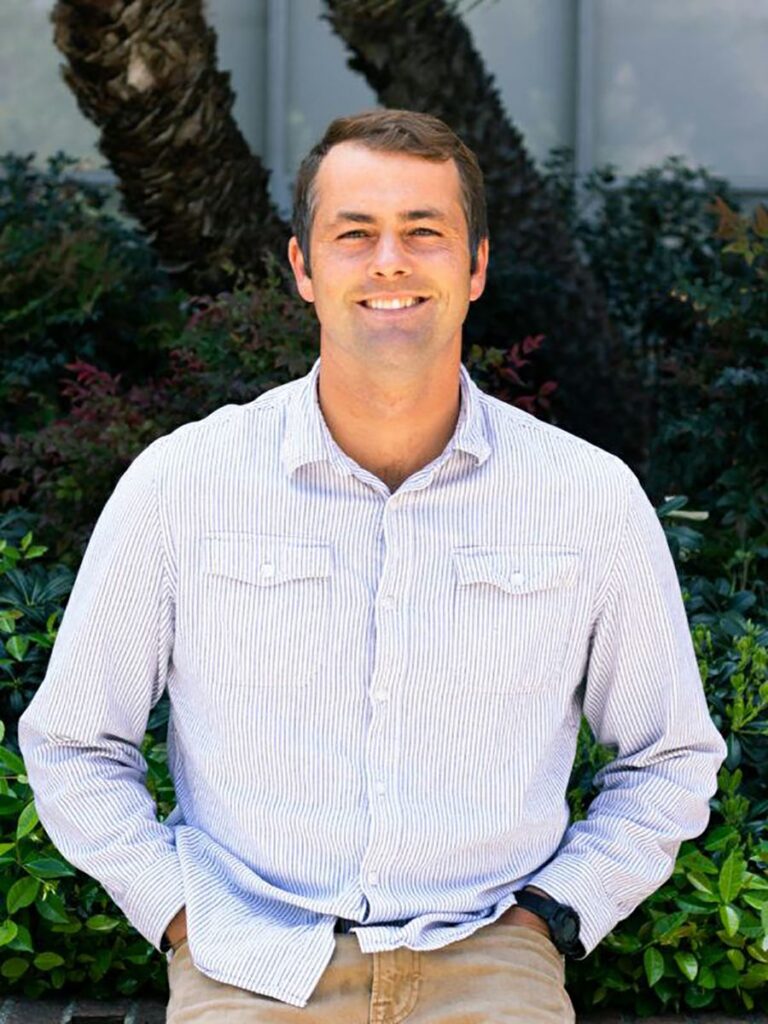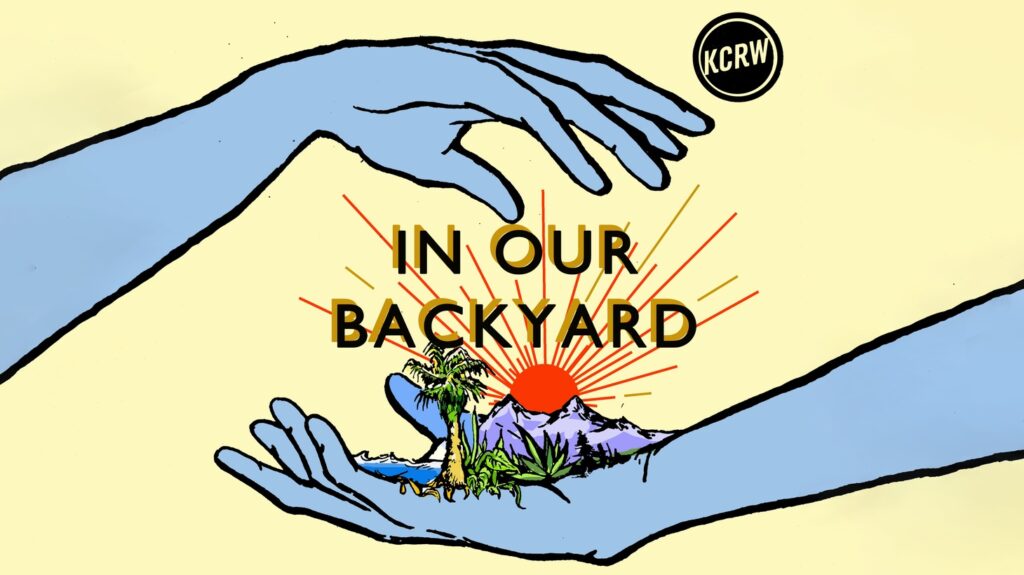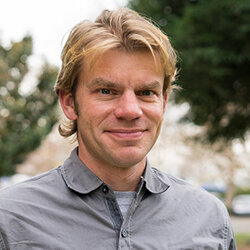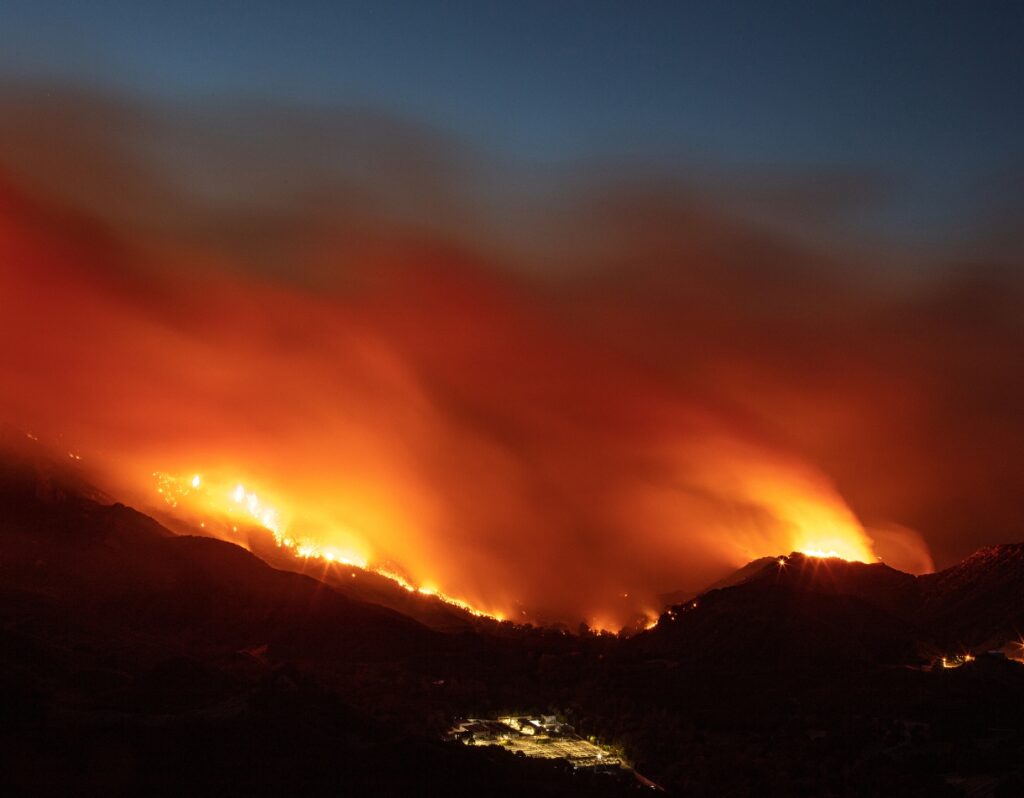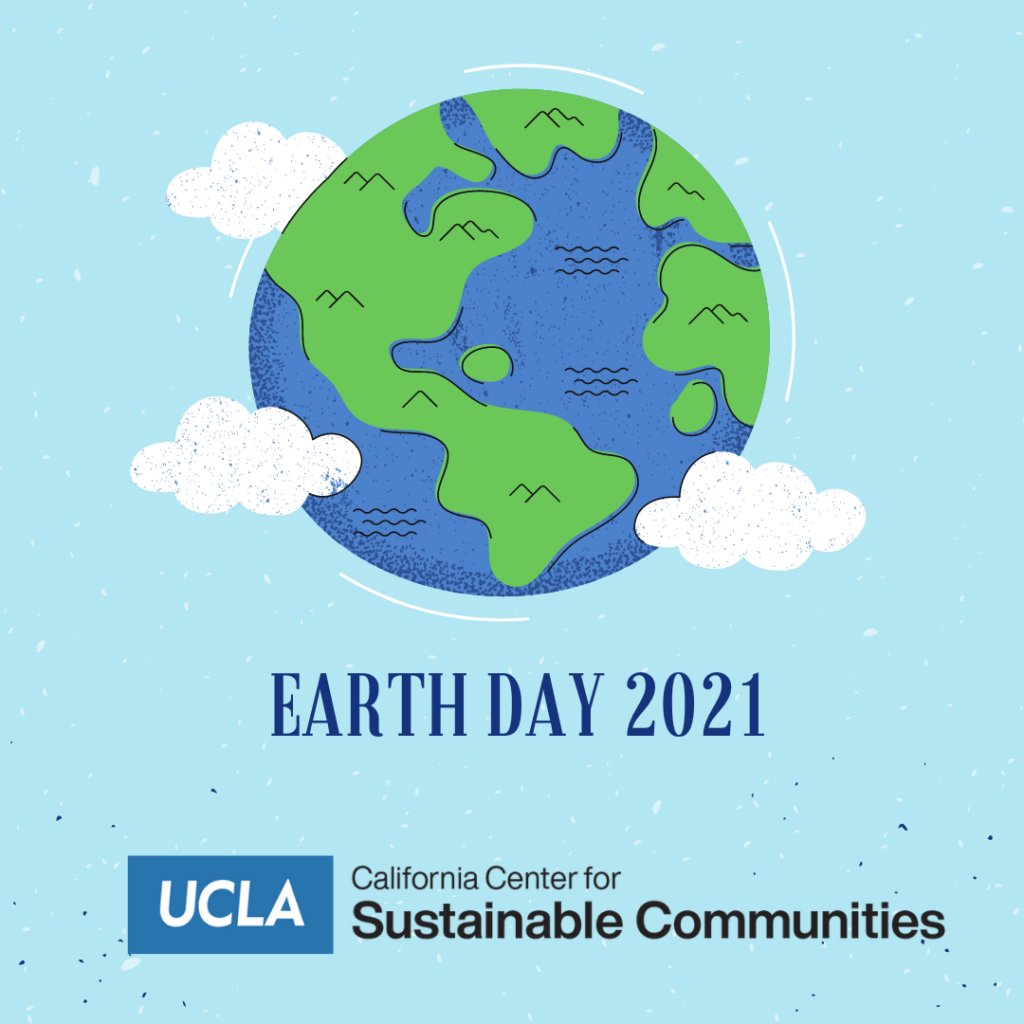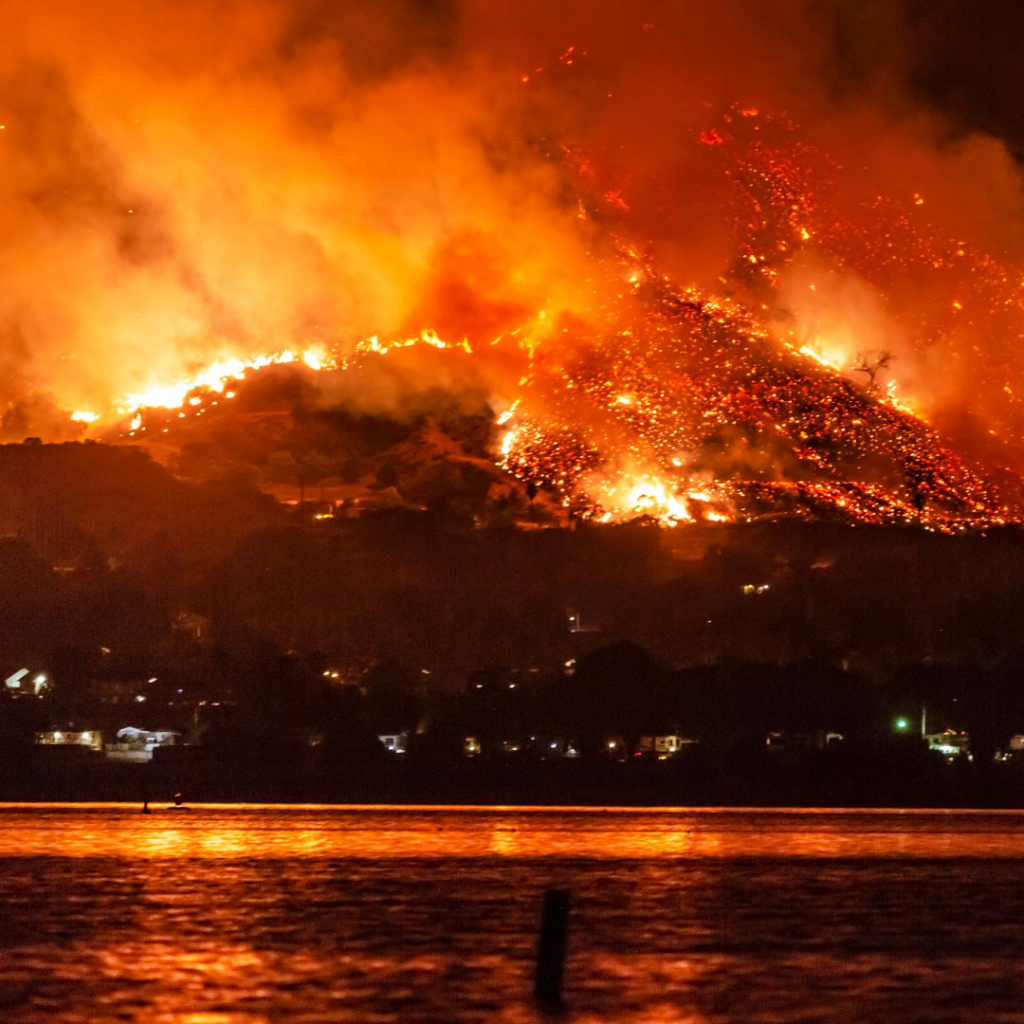Headline
CCSC’s Research Director Eric Daniel Fournier comments in HuffPost: Cleaner ‘Bridge’ Fuels Are Killing Up To 46,000 Americans Per Year, Study Shows
“While natural gas burns more cleanly than coal does, its usage still results in significant co-product emissions and corresponding public health impacts,” said Eric Daniel Fournier, the research director at the University of California, Los Angeles’s California Center for Sustainable Communities, who was not involved in the study. “As gas comes to represent a larger fraction of the county’s primary fuel portfolio, it will naturally come to be responsible for a larger proportion of the health impacts from stationary sources, of which electricity production is a major contributor.”


